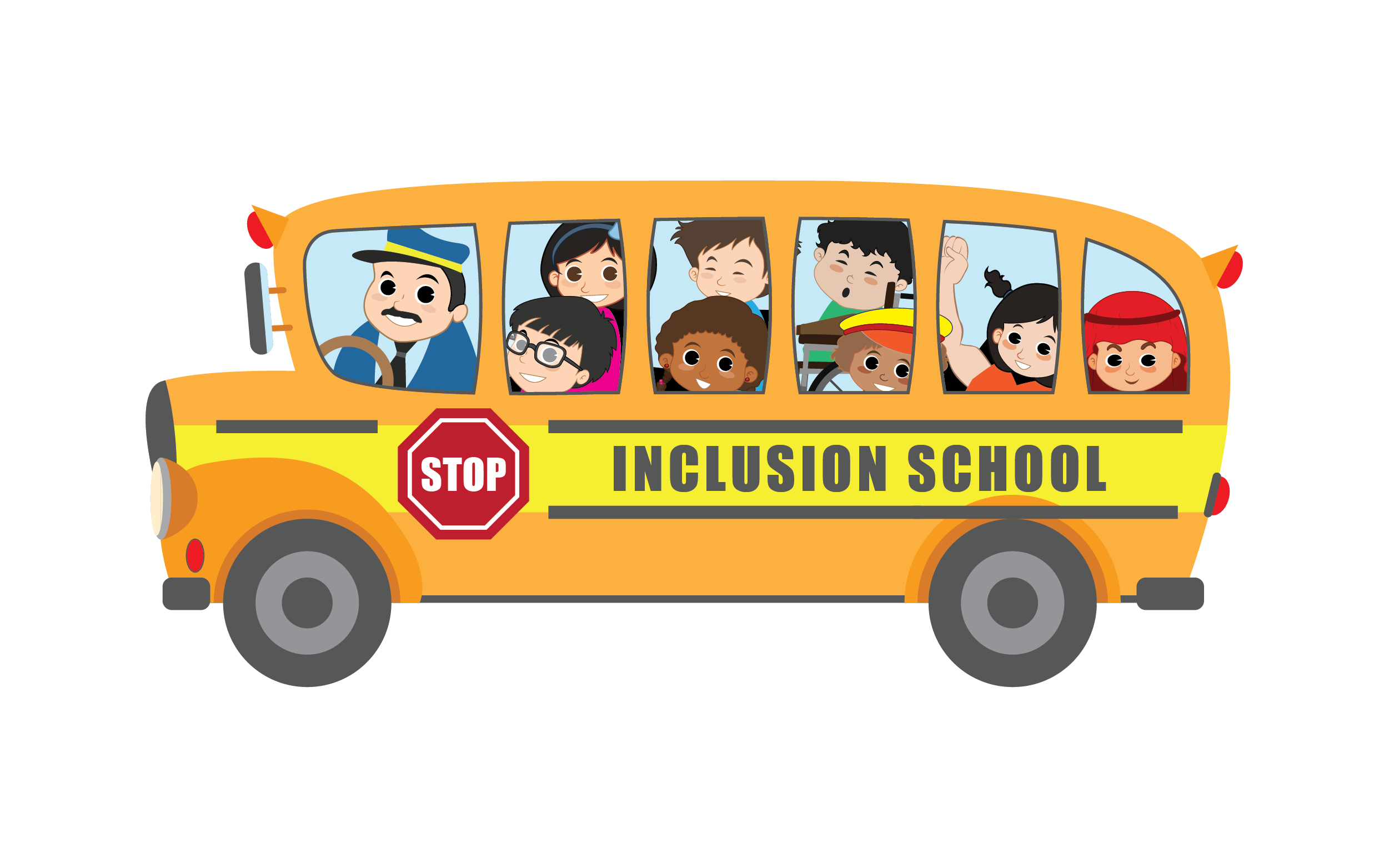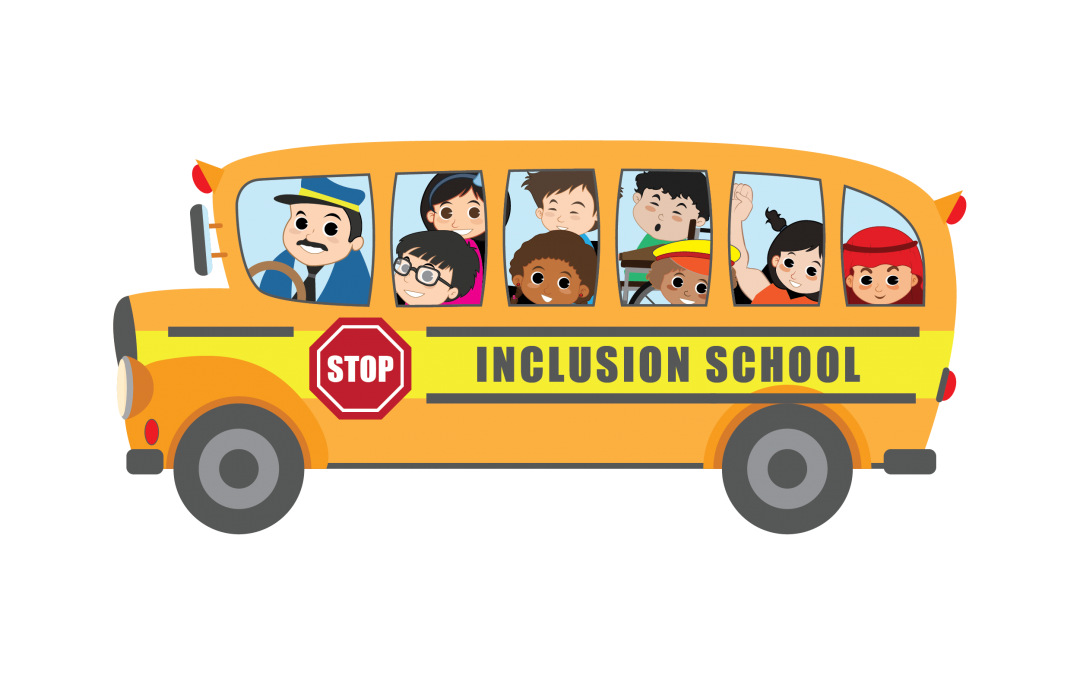If you are a parent or educator interested in diversity and inclusion, yet unsure of where to start, or how to have conversations with children about it, you are not alone. Inclusion School is the place with tools and resources to start this important dialogue. This weekly show brings together inclusion experts, authors, and educators alike to share ideas and tools to help you have an impactful conversation with kids on diversity and inclusion. The show will be hosted by Simone Morris and Julie Kratz, inclusion strategists. As parents to young children, Simone and Julie have a shared passion for educating parents and educators about this journey.
The journey starts here…
Across the U.S. many industries are taking an active role in the pursuit of becoming more inclusive. It is an arduous undertaking to re-lay the foundations of our past and dispel the biases that we have grown to believe as adults. And, while we attend workshops, make ourselves vulnerable to new experiences to allow growth and a better understanding, our biggest lessons are being taught to us by our children, and their experiences, as they interact with the world.
Let’s start with the facts.
Studies show that children as young as three years old have awareness of differences and similarities between people. As parents of these children, it is our responsibility to teach them the importance of acceptance and inclusion, by having these conversations, modeling inclusive behaviors and guiding them to be accepting of others and their differences.
What has held us back in the past is lack of understanding on the subject matter. These conversations are difficult, personal or private to us. Many of us feel uncomfortable even addressing certain issues. In addition, we do not have the experiences that would bring another’s challenges into our focus. There just aren’t many resources available to help parents identify what they need to speak to their children about and how to have those conversations. When a child is inquisitive about something or someone that they do not understand, it is natural for them to ask a parent. When the child is answered with “We don’t talk about that”, “Don’t say that”, or is shushed; the child is left to draw conclusions on their own. In some cases, they are forced to rely on their peers for information, or even worse, television, movies or social media to give them a misguided representation of the world around them.
How do we bridge the gap?
We have taken all of these elements into consideration and feel the solution is to create a resource to educate parents, share knowledge, promote confidence to share your learning and insights with your children and guidance on how to model inclusive behavior. This is why we have developed the Inclusion School to focus on key areas of inclusion. Each episode will feature discussion on an underrepresented group and will share insights, actionable steps and resources you can use to facilitate conversations with your children.
Topics we will explore:
- Race
- Gender
- Sexual Orientation
- Disabilities
- Family Diversity
- Religion & Cultural Diversity
- Socioeconomic
- Empathy/Self-Awareness


Recent Comments